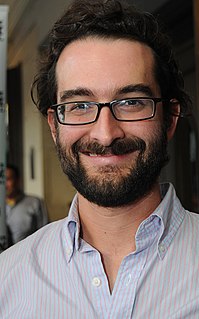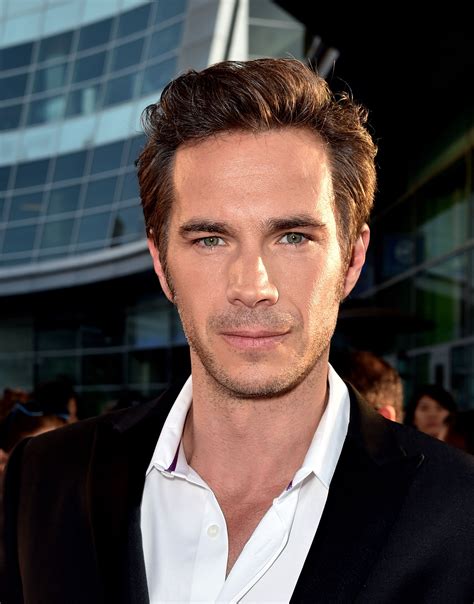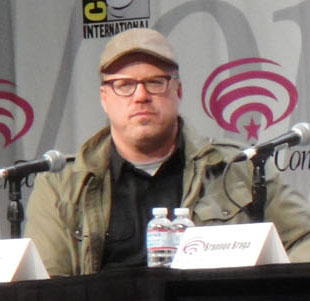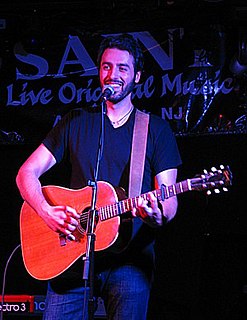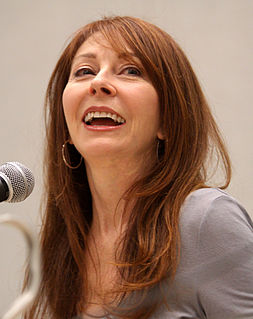A Quote by Jay Duplass
It's just that the nature of being a director is being incredibly overwhelmed with getting the shots right, dealing with the locations, and then there's a two-year-old in the scene, and all that stuff - you know, there's a lot of kids in scenes.
Related Quotes
All directors on all sets behave slightly differently depending on what the scene is. For example, if you are doing a love scene, which is intimate then the director is likely to be intimate. If you are doing a scene where everyone is mucking around and laughing then the director is likely to start with that. If you are playing a scene which us incredibly heavy and everyone getting killed then there are probably not many laughs on the set.
I love Kimberly Peirce. Incredibly intense is a good way of describing her. Brutally honest. Really sharp. She's a director for actors. That's what she's best at, sitting down with an actor and just getting to the heart of what a scene is. And getting to the heart of not just what the scene is and the character is, but what you are, and how to build that bridge between the "me" and the character, and those emotions.
My true role is to get actors to understand what the camera is doing and what my intent is so they don't waste their good stuff on over-the-shoulder shots and wide shots. They need to know when we're going in to get something important, so they know to really go for it. No human being can give you 1,000 percent on every single take or shot, so you need to let them know what you're heading for. It's important that the actors know they're being looked after and being recorded in a way so they can do their best.
There weren't any deleted scenes, it was just a matter of tightening stuff. I didn't have any deleted scenes in what I did as far as I know. It's very unusual on Game of Thrones for there to be a deleted scene because the scripts are pretty locked in. There's rarely a reason to say, "Hey, we don't need this scene."
There's a way of thinking that comes with being an editor that is incredibly useful on the set. It's not just a vocabulary thing or a right-to-left thing or script supervisor stuff. It's a way of thinking about the film and the shots and the way they fit together, what you need and what you don't need, and what you can get away with if you have to.
Getting signed shouldn't be the point. I made that mistake early on and I think a lot of people do. It's not something you should rush into. I think I'm actually lucky that when I went to visit labels when I was 20 years old and played and they thought I wasn't ready, it was probably a good thing because I wasn't ready. I didn't know what I was getting intoat the time. I mean, you never know exactly what you're getting into. There's a lot of stuff that's going on right now that's new to me but there's also a lot that I'm lucky to know how to handle.
The truth is, part of me is every age. I’m a three-year-old, I’m a five-year-old, I’m a thirty-seven-year-old, I’m a fifty-year-old. I’ve been through all of them, and I know what it’s like. I delight in being a child when it’s appropriate to be a child. I delight in being a wise old man when it’s appropriate to be a wise old man. Think of all I can be! I am every age, up to my own.
People think being Elvira is a lot of fun - and it is - but I was doing a lot more bizarre stuff before then, just being a dancer and a showgirl and traveling around Italy in a band and working for Playboy Club, and later being a model and meeting a million and one people and being kind of a groupie... It's all been really interesting.
